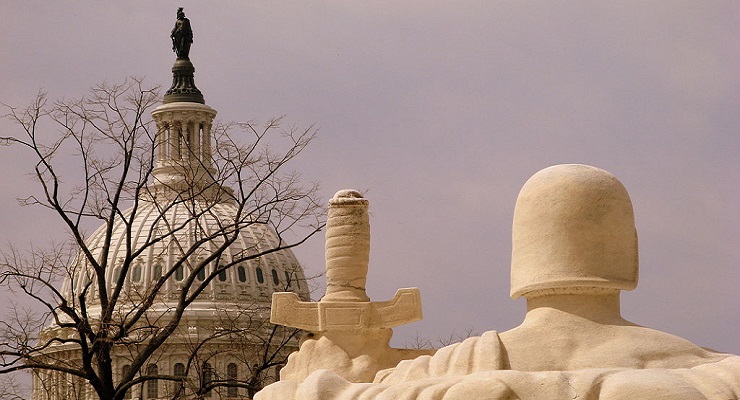
This article is from Democracy Digest:
The United States was the first country to become a democracy, emerging over a vast, dispersed and diverse set of colonies that feared the prospect of the “tyranny of the majority,” notes Larry Diamond, a senior fellow at the Hoover Institution and at Stanford University’s Freeman Spogli Institute for International Studies. Hence, our constitutional system lacks some immunities against an electoral debacle that are common in newer democracies, he writes for The Times:
For example, even though Mexico is a federal system like the United States, it has a strong, politically independent National Electoral Institute that administers its federal elections. The Election Commission of India has even more far-reaching and constitutionally protected authority to administer elections across that enormous country. Elections thus remain a crucial pillar of Indian democracy, even as the country’s populist prime minister, Narendra Modi, assaults press freedom, civil society and the rule of law. Other newer democracies, from South Africa to Taiwan, have strong national systems of election administration staffed and led by nonpartisan professionals.
Read the full article here.
Leave a Reply